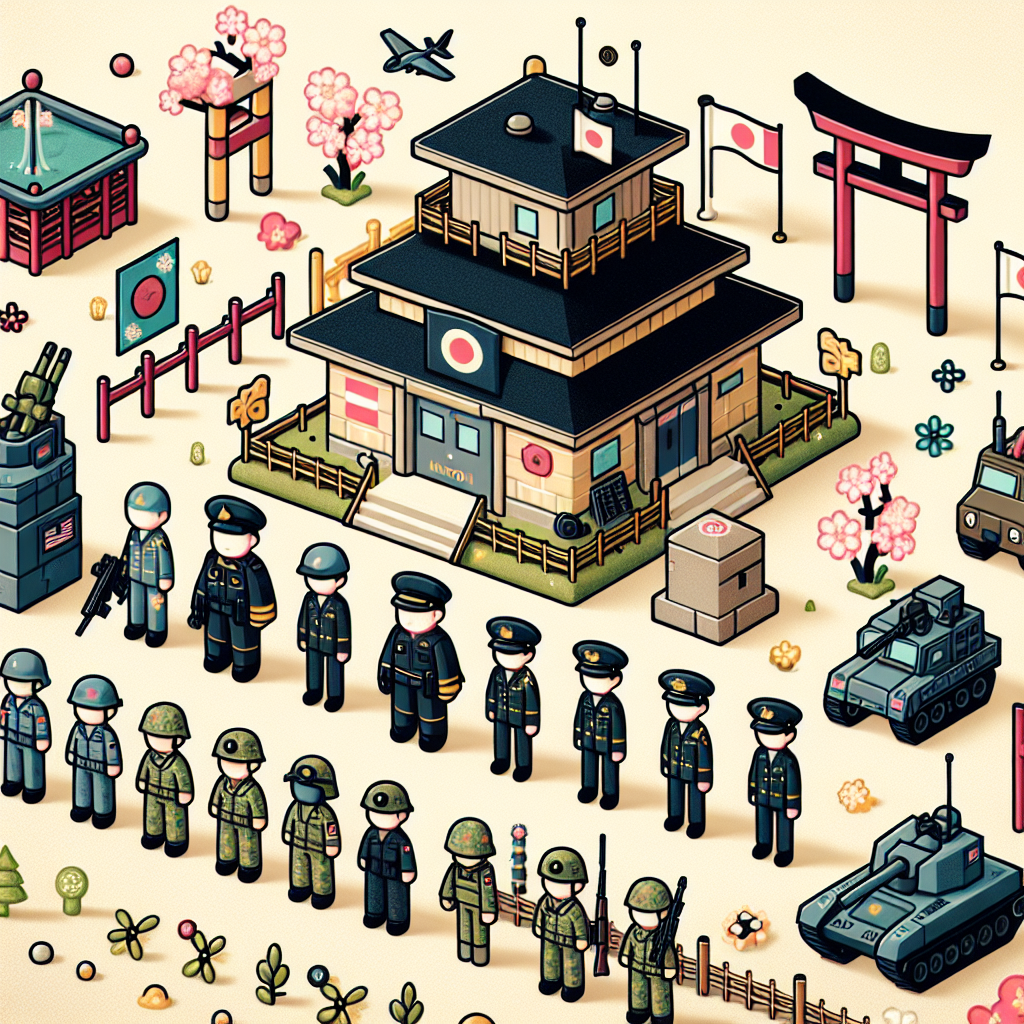RELATED
US to revamp military command in Japan amid China’s threats
The US defense chief says the US command’s upgrade in Japan is the most significant progress in their alliance.
Uploaded: Jul 28, 2024
The United States has announced plans to overhaul its military command in Japan to bolster defense cooperation as the two countries face what they call the greatest strategic challenge from China.
“The United States will upgrade the US Forces Japan to a joint force headquarters with expanded missions and operational responsibilities,” US Secretary of Defense Lloyd Austin told reporters on Sunday after the so-called “2+2” talks between the defense and foreign ministers from the two countries in Tokyo. . . .
“The United States will upgrade the US Forces Japan to a joint force headquarters with expanded missions and operational responsibilities,” US Secretary of Defense Lloyd Austin told reporters on Sunday after the so-called “2+2” talks between the defense and foreign ministers from the two countries in Tokyo. . . .
“This will be the most significant change to US Forces Japan since its creation and one of the strongest improvements in our military ties with Japan in 70 years.”
The US has about 54,000 military personnel in Japan who currently report back to the Indo-Pacific Command in Hawaii (INDOPACOM), some 6,500km (4,000 miles) away and 19 hours behind. The move will give the US Forces Japan greater capability while still reporting to INDOPACOM.
The US has about 54,000 military personnel in Japan who currently report back to the Indo-Pacific Command in Hawaii (INDOPACOM), some 6,500km (4,000 miles) away and 19 hours behind. The move will give the US Forces Japan greater capability while still reporting to INDOPACOM.
- The revamp comes after Russia said it was committed to strengthening military ties with North Korea. Russian President Vladimir Putin visited North Korea last month as Moscow tries to boost ties with Pyongyang amid its freezing ties with the West. Moscow has also bolstered its ties with Beijing in the wake of its invasion of Ukraine.
- Both countries said they would scale up production of weapons like air-to-air missile systems.
In the joint statement issued after the talks, the ministers said China’s foreign policy “seeks to reshape the international order for its own benefit at the expense of others” and that “such behaviour is a serious concern to the alliance and the entire international community and represents the greatest strategic challenge in the Indo-Pacific region and beyond”.
- The statement criticized what it called Beijing’s “provocative” maritime actions, joint military exercises with Russia and the rapid expansion of its nuclear weapons arsenal.
Austin, in his opening remarks, said China is “engaging in coercive behaviour, trying to change the status quo in the East and South China Seas, around Taiwan and throughout the region”, adding that North Korea’s nuclear programme and its deepening cooperation with Russia “threaten regional and global security”.
He, however, told reporters the command upgrade was “not based on any threat from China” but reflected the allies’ desire to work more closely and effectively.
‘Reshaping international order’
China’s Ministry of Foreign Affairs did not immediately respond to a request for comment from the Reuters news agency.- For the first time, the ministers also discussed “extended deterrence”, a term used to describe the US commitment to use its nuclear forces to deter attacks on allies.




:quality(70)/cloudfront-us-east-1.images.arcpublishing.com/archetype/XP5AQMSODZECLPQRVCEYPV6UKU.jpg)

No comments:
Post a Comment